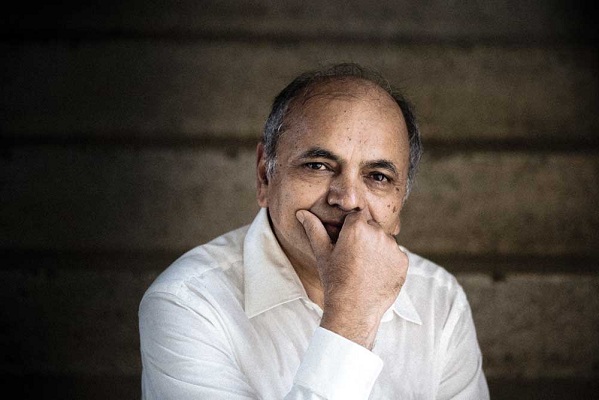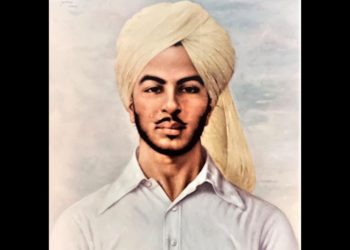
Literary scholar and cultural activist Ganesh Devy opines that today, we need to find a new meaning of freedom. He states,
“We need to collectively find out a new meaning of freedom from race, gender, theology, language, nation, economic class. This is far more challenging and difficult than the freedom which was spelled out by the makers of revolution before. As it is a big challenge, hurdles are also big, which are clubbed with old mythology and old science. We need to explore and find a voice which is liberating, stabilising and expanding our horizons which will give us new attitude for looking at this world and worlds beyond our world. And while lifting these horizons, we just need one thing that is the polar star of consciousness”.
Devy spoke at the 16th centenary memorial lecture of advocate Pandurang Mulgaonkar at Panaji, Goa on 9 October, 2017. He spoke on the topic, “Origins of Reasoning”, which he said was inspired from the Spanish-born American philosopher George Santayana’s book, “The Birth of Reason and Other Essays” in which he speaks about moral holiday.
Speaking about this moral holiday in the Indian context, Devy mentioned some recognisable features. He said,
“At the moment, we have a government that has decided to wipe out the political parties who are in opposition. So, the traditional function of the parties in opposition, which is to absorb the discontent of people and convey it to the government, is no longer possible. The second feature is the denial of the traditional role of media of conveying the anxieties of people to the powers that be. Media today stands as a wall between the government and the people. The electronic media is now barking, shouting and scolding instead of speaking to us. The third feature is a deliberate breakdown of academic and cultural institutions. The fourth feature is the attack on the intellect. It first became visible with the attack on institutions of intellect such as universities. Books and individuals who seem to play the traditional role of thinkers and writers, who question the shape of things, are being attacked.”
He however, further emphasised that this scenario is visible world over and not only in India but also in countries like Turkey, Egypt, Russia, to name a few.
Regarding Turkey, Devy mentioned that there, the dominant narrative is that the west is evil and to counter that, only answer is the revival of Islam. Anybody questioning it is a traitor. “Now change the word ‘Islam’ to ‘Hindutva’ and not Hinduism. Why are these two narratives and why does it appear to be irrational? Why is Science belittled? Is Science in some way profoundly related to the idea of freedom? Similarly, why is religion taken out of its domain of genuine spirituality?” questioned Devy who is also the president of Dakshinaayan Abhiyan, a movement that aims to forge solidarity between all progressive forces.
He said that we need to go to the bottom of this narrative so that we have freedom for the future generation once again.
He said that for a while we believed that freedom and nation go hand in hand. It was the idea which came in the mid-20th century in countries like Germany, Italy and to some extent Spain. “It brought fascism, Nazism and dictators. The countries of Africa, Latin America and India followed these ideas. But in the last thirty years, the idea of nation has been challenged not from the prospective of freedom but from limitless greed. Globalisation, which we are familiar with, is corporate globalisation and not humanist. Even today we need a passport and a visa to visit other countries,” said Devy who led the People’s Linguistic Survey of India in 2010, which has researched and documented 780 living Indian languages.
He then spoke about three personalities of the 20th century who went beyond the idea of the nation. They are Aurobindo Ghosh, Rabindranath Tagore and M K Gandhi. “In the year 1935, Tagore said that if nationalism is carried to the next stage, it will be harmful for humanity. And therefore, the idea of ‘Vishwa Manav’ worked towards bringing all Asian countries together. Gandhi started the Sabarmati Ashram which is based on universal values, and Ghosh, in his article in 1950, welcomed the UN which shall govern the man. They had all moved away from the idea of nation,” said Devy.
Elaborating further he said that orthodox forces will hold us back and evolutionary forces will push us forward. “These evolutionary forces think of ecology, physical and digital existence, all as continuum,” he said.
He concluded by stating that one needs to be outspoken and not thoughtless. He also stressed that it is not the post-truth era but the truth which is occluded. “The lies have become hilarious and the post truth has gone berserk. We need to stand up for truth and ahimsa (non-violence).”




